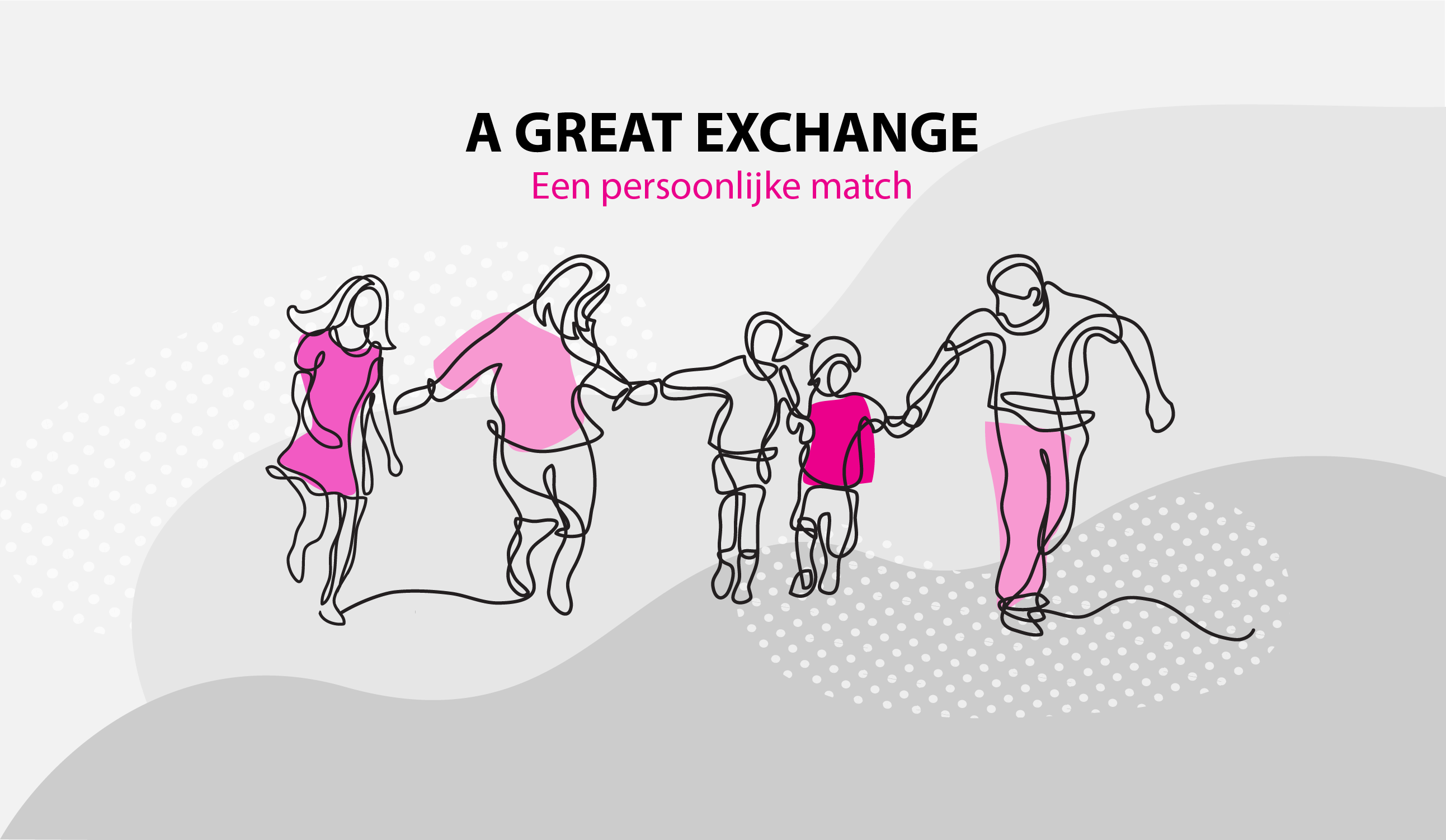12 Oct Psychology of Risk-taking: Why Gamblers Become Participating in Risk-taking and How It Impacts Their Habits
Gambling in Karavan bet is a broad practice that embraces communities and age groups, pulling in members from all societal levels. Comprehending the psychological factors behind why participants participate in gambling and how it influences their behavior is essential for both humans and community groups. This probe examines into the causes, behavioral processes , and behavioral impacts linked to wagering.
Incentives for Gambling Karavan casino
People are lured to gaming for diverse causes, ranging from the rush of engaging in risk to the enticement of expected economic benefits. Some of the major motivations constitute:
- Excitement and Entertainment: The uncertain nature of betting grants a rush of adrenaline and rush, turning it an delightful pleasure for countless.
- Monetary Gain: The potential of winning large funds sums serves a pivotal impetus, driving participants to engage in gambling games.
- Socializing: Gambling often occurs in social venues, such as betting venues or betting competitions, establishing a social cohesion and mutual trust among participants.
- Escaping Reality: For some, betting offers a momentary escape from everyday pressures and personal setbacks, rendering a breather from real-life difficulties.
- Challenge and Ability: Certain varieties of wagering, like slots, necessitate strategic decisions and craftsmanship, magnetizing to those who favor strategic challenges.
Mental Triggers in Gaming
The act of gaming engages variegated mental mechanisms that can guide actions and decision-making methods:
Reward Center Activation: Gambling activates the brain’s dopamine pathways, producing a key neurotransmitter, a neurochemical compound related with elation and affirmation. This biochemical response cements the need to keep going wagering Karavan bet.
Cognitive Biases: Wagerers often reveal cognitive fallacies, such as the illusion of rule, where they assume they can control chance-based results, and the gambler’s illusion, the inaccurate belief that prior happenings alter future odds.
Risk Understanding: Humans vary in their comprehension of uncertainty and gain, altering their inclination to take part in gambling. Certain individuals may neglect the odds against them, triggering expanded betting conduct.
Conduct-oriented Influences of Gambling
While gambling can be a origin of leisure and socializing activities, it also has important behavior-oriented outcomes , both lucky and hostile:
Favorable Results Karavan casino gaming: For some, gambling offers a merry and magnetic leisure activity that boosts social liaisons and gives a sense of pride when achievements occur. It can also spark mental capacities like strategic initiatives and decision-making skills.
Injurious Consequences : Exorbitant betting can instigate a panoply of of unhealthy ramifications, including economic difficulties, strained interactions, and psychological struggles such as butterflies, and disheartenment.
Betting addiction, or gambling disorder, is distinguished by an unruly inclination to gamble in despite wicked effects, often demanding expert support.
Behavioral Schemes : Routine players may initiate specific categories of behavioral practices , such as overcoming losses by continuing to wager in an initiative to get back previous losses . This can trigger a destructive cycle of inflating debt and psychological strain.
The psychological aspects of wagering is a multifaceted interplay of motivational factors, psychological operations, and behavioral repercussions . While gambling can provide euphoria, social engagement, and the sensation of projected rewards, it also creates hazards of habit-forming behavior and spiteful life impacts . Appreciating these psychological aspects is pressing for initiating effective prevention and treatment policies for wagering disorders . By cultivating appreciation and reinforcing responsible betting practices, individuals can engage in the entertainment benefits of wagering while reducing its potential unhealthy consequences.



